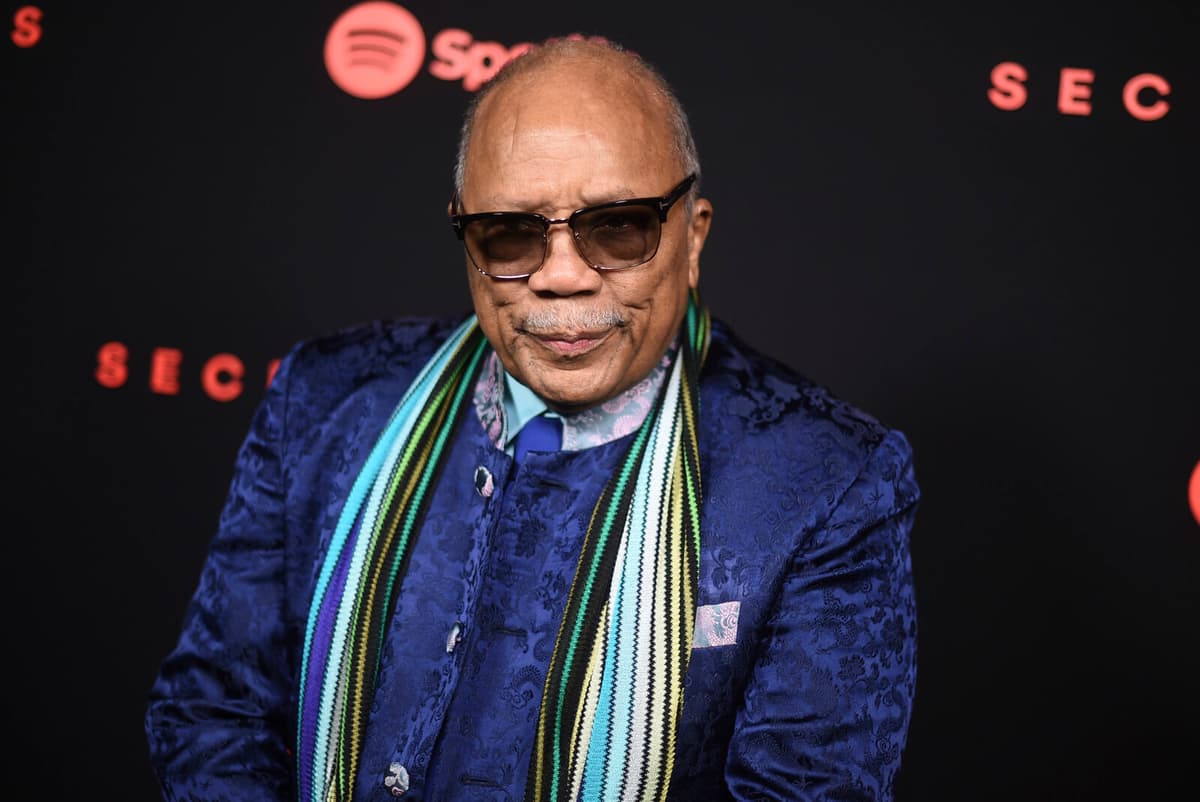Jan Gradvall has just written an article about Quincy Jones on the occasion of the re-release of Frank Sinatra's last studio album "LA is my lady" from 1984, which Quincy Jones produced. The two giants' collaboration had begun as early as 1958 when Sinatra asked Jones to conduct.
Being a black conductor was very unusual, almost all others were white. He had as much of a foot in classical music as in jazz.
The three albums that Quincy Jones later produced for Michael Jackson – "Off the wall", "Thriller" and "Bad" are seen by many as the most well-produced ones made, emphasizes Jan Gradvall, who means that they are as much Quincy Jones' merit as Michael Jackson's.
"Music's dna"
Alfons Karabuda, chairman of the Polar Prize Committee, is on the same track:
If you go in and check what Jones contributed with, it was more than just pressing some buttons on a mixer board. He has contributed to a part of music's dna, says Karabuda, who calls Quincy Jones "a music superspreader".
He was grounded in so many areas, jazz, pop, but also film music and more avant-garde. He brought an inheritance from one part to the other.
Quincy Jones received the third Polar Prize awarded. It was also he who managed to gather the rock and pop elite, including Bob Dylan and Bruce Springsteen, for a joint recording of "We are the world".
If Quincy says something, everyone listens, no one else could have gathered those stars in the same room, says Jan Gradvall, who has interviewed Quincy Jones once and can tell that he could also sing in Swedish.
During his marriage to Swedish Ulla Jones, he learned both snaps songs and Evert Taube.
Was "chill"
The Swedish artist Paul Rey, who has competed in Melodifestivalen, got a record contract in the USA in the 2010s and even Quincy Jones as a mentor. When they met, Rey was so full of respect that he called him "sir".
But he was so chill, rough in the mouth and joked, so you became very relaxed immediately. He was very charming and an incredibly fine person, says Paul Rey, who got with him crucial lessons.
One of the most important things he taught me was that no matter what genre you work in, the most important thing is that the feeling is there. If the feeling isn't there, it's not right.






